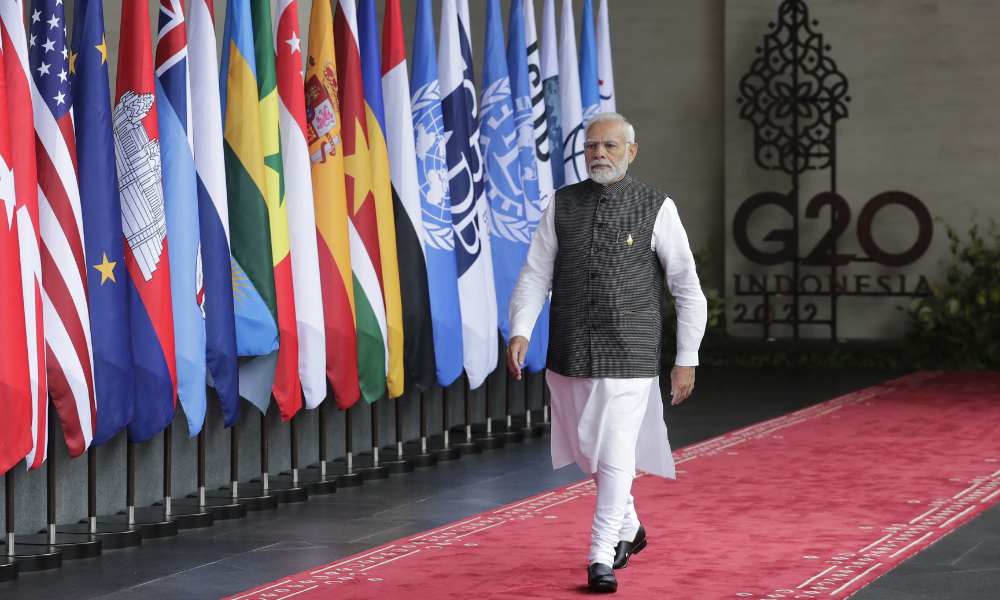
The Group of Twenty (G20), the International Monetary Fund (IMF), and the World Bank are essential players in global economic governance.
| Are you a Tax Lawyer in USA? 👉Transform Your Brand: Click for Metamorphosis👈 |
They collaborate and complement each other in addressing international economic challenges. In this blog, we will explore how the G20 relates to the IMF and the World Bank and the roles these organizations play in shaping the world's economic landscape.
The G20 is a forum that brings together the world's major economies to discuss and coordinate international economic policies. Its primary goal is to promote global economic stability, sustainable development, and inclusive growth. The G20 consists of 19 individual countries and the European Union, representing a significant portion of the world's GDP and population.
The International Monetary Fund (IMF) is an international financial institution established to promote global monetary cooperation and exchange rate stability, facilitate the balanced growth of international trade, provide resources to countries in need, and contribute to global economic stability.
The IMF offers financial assistance and policy advice to member countries facing balance of payments problems, helping them navigate economic crises.
The World Bank, officially known as the International Bank for Reconstruction and Development (IBRD) and the International Development Association (IDA), is another major international organization.
Its primary focus is on providing financial and technical assistance to developing countries to support infrastructure development, poverty reduction, and sustainable economic growth.
Policy Coordination: The G20 collaborates with the IMF and the World Bank to coordinate global economic policies. This coordination is essential for addressing economic challenges, promoting trade, and fostering economic stability.
Financial Assistance: The IMF and the World Bank play critical roles in providing financial assistance to countries facing economic crises or seeking to invest in development projects. The G20's support and advocacy enhance the resources available for these institutions.
Debt Relief: During times of economic hardship, the IMF and the World Bank may provide debt relief to eligible countries. The G20, as a group of major economies, can influence decisions related to debt relief and provide additional support when needed.
Development Goals: The G20 often aligns its priorities with the Sustainable Development Goals (SDGs) set by the United Nations. The World Bank plays a significant role in supporting countries' efforts to achieve these goals, while the G20's advocacy can promote progress on key issues like poverty alleviation and access to education and healthcare.
Crisis Management: During global financial crises, the G20 works closely with the IMF to develop coordinated responses. The IMF provides financial assistance and policy advice, while the G20 mobilizes resources and promotes financial stability.
Infrastructure Development: The World Bank finances infrastructure projects in developing countries, which can align with the G20's focus on promoting sustainable economic growth through investments in infrastructure.
The G20, the IMF, and the World Bank are interrelated components of the global economic governance system. They collaborate and complement each other in addressing international economic challenges, promoting financial stability, and fostering economic development.
The G20 provides a platform for major economies to coordinate policies and advocate for global economic stability, while the IMF and the World Bank offer financial resources and technical expertise to support countries in need.
The relationship between these organizations demonstrates the interconnectedness of the global economy and the importance of cooperation among nations and institutions to address complex economic issues.
As the world continues to evolve, the collaboration between the G20, IMF, and World Bank remains vital in promoting a more stable, prosperous, and equitable global economic landscape.